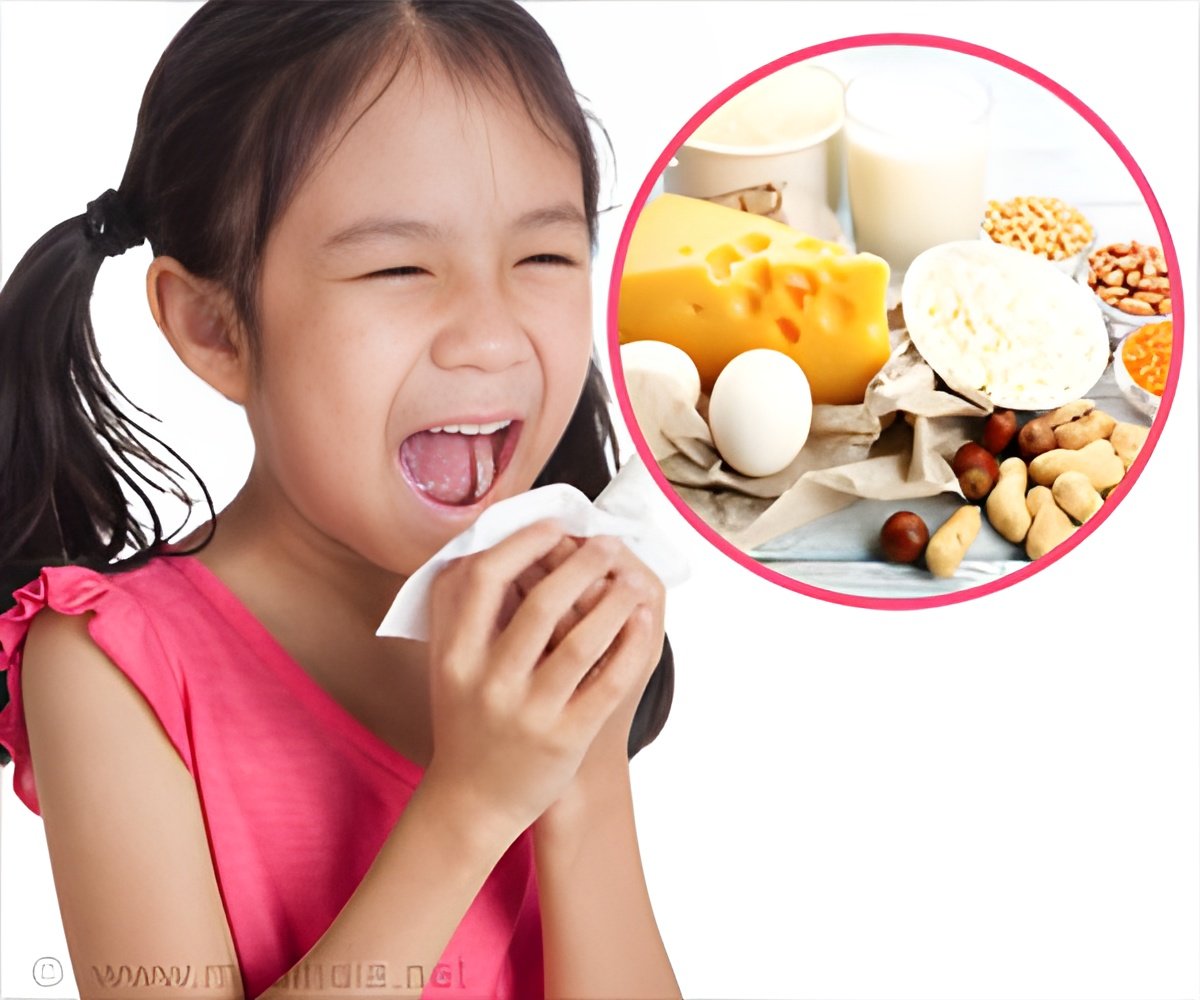How to treat food allergy-related anxiety? Cognitive behavioral therapy (CBT) could be a safe and effective way to treat food allergy-related anxiety (FAA) in children.

‘Cognitive behavioral therapy (CBT) could be a safe and effective way to treat food allergy-related anxiety in children.’
Read More..




A new study in Annals of Allergy, Asthma and Immunology, the scientific journal of the American College of Allergy, Asthma and Immunology (ACAAI), shows that targeted cognitive behavioral therapy (CBT) can significantly lessen food allergy-related anxiety (FAA) for both children and parents. Read More..
“To our knowledge, this is the first study of an outpatient use of CBT in a sample of children diagnosed with an anxiety disorder related to their food allergy,” said allergist Jonathan Spergel, MD, PhD, ACAAI member and co-author of the study.
Benefits of CBT in Treating Food Allergy-Related Anxiety
“We found that, although it was a small sample of 10 children, 100% of the children and their parents showed symptom improvement as reported by multiple sources (child, parent, therapist) and across multiple domains (food allergy-specific anxiety, general anxiety and health-related quality of life.)” The study included a follow up assessment 2-4 months past the active treatment with results suggesting the gains were maintained.The study participants were 10 children aged 8-12 years (80% female) referred by their allergists specifically for evaluation and treatment of FAA. The children had to have confirmed IgE mediated food allergy/allergies that were well-controlled, as well as excessive anxiety and medically unnecessary and impairing anxious avoidance related specifically to their food allergy. The CBT included 5-8 “proximity exposure sessions” with the patient, with each session typically lasting between 30 and 90 minutes depending on whether it was a group or individual session. An allergist or mental health provider led the sessions.
“A variety of graded exposures such as sniffing their allergen, touching their allergen, or eating a needlessly feared and avoided food were performed in each session by the whole group, and assigned for homework,” said Katherine Dahlsgaard, PhD, CBT therapist who worked with the families, and lead author of the study. “One or both parents of 100% of the children completed a treatment satisfaction questionnaire posttreatment. Parents rated the treatment as highly satisfactory and helpful, and all 10 children were rated as much improved or very much improved.”
Although the sample size was small and randomized trials still need to be performed, allergists and others who work with children with FAA, including mental health professionals, may be assisted by CBT in their treatment efforts. “This manualized treatment was brief – just 6 sessions – and can be given in allergists’ offices by nurse practitioners or other providers,” said Megan Lewis, CRNP and co-author of the study.
Advertisement















